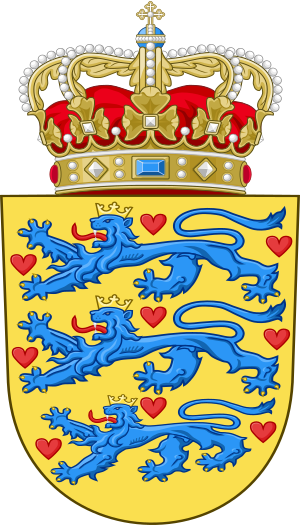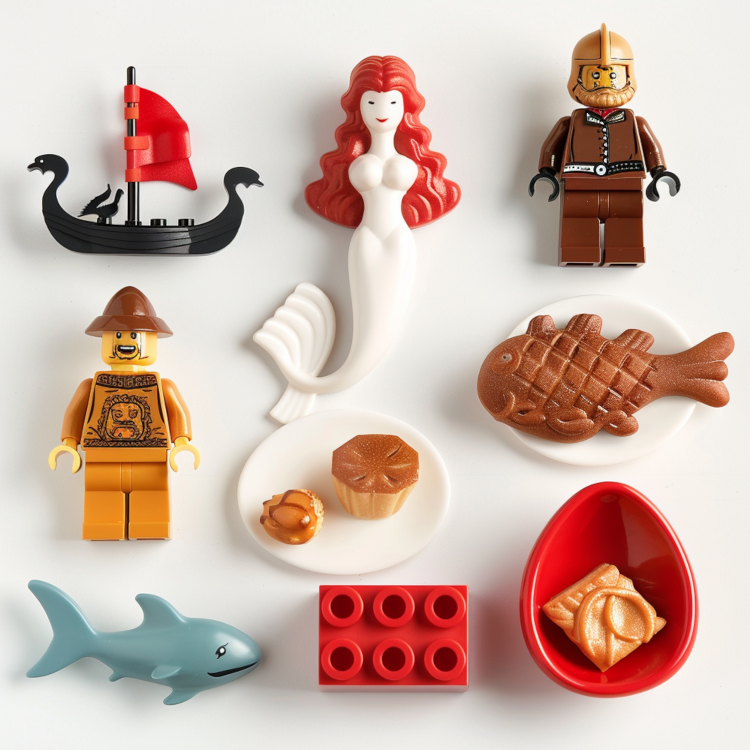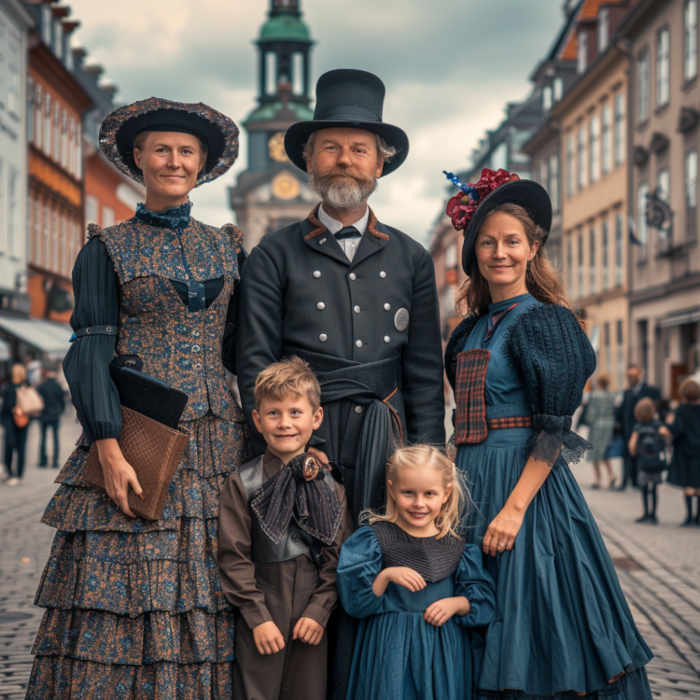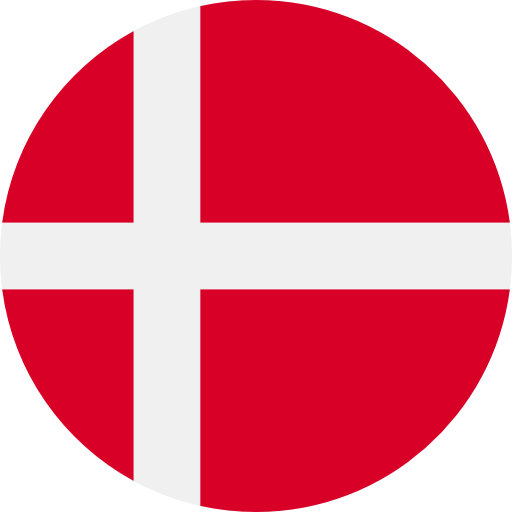About DK

Denmark is a country located in Northern Europe and is the southernmost of the Nordic countries. Here are some basic facts about Denmark:
Population: As of 2021, the population of Denmark is estimated to be around 5.8 million people.
Language: The official language of Denmark is Danish, which is a North Germanic language closely related to Swedish and Norwegian.
Currency: The official currency of Denmark is the Danish Krone (DKK).
Government: Denmark is a parliamentary constitutional monarchy, with the monarch serving as the head of state and a Prime Minister as the head of government.
Economy: Denmark has a highly developed mixed economy with a strong welfare state, low levels of income inequality, and a high standard of living. It is known for its innovative business climate and export-oriented economy, with major industries including shipping, wind energy, pharmaceuticals, and food production.
Geography: Denmark is a relatively small country with a land area of approximately 42,900 square kilometers. It is primarily made up of the Jutland peninsula and numerous islands, including the two largest, Zealand and Funen.
Climate: Denmark has a temperate maritime climate, with mild winters and cool summers. The weather is often influenced by Atlantic Ocean weather systems.
Culture: Denmark has a rich cultural heritage, with a long history that includes contributions to literature, philosophy, and design. Danish cuisine includes traditional dishes such as smørrebrød (open-faced sandwiches), pickled herring, and meatballs. Denmark is also known for its focus on hygge, a concept of coziness and contentment that is central to Danish culture.

National Culture Objects
The Little Mermaid Statue
The Little Mermaid statue in Copenhagen is a symbol of Denmark's literary and cultural heritage. Inspired by Hans Christian Andersen's fairy tale, it represents the country's rich tradition in storytelling and the arts.
Danish Pastry (Wienerbrød)
Danish pastries, known as Wienerbrød, are a popular culinary symbol of Denmark. These sweet, flaky pastries highlight Denmark's influence on global baking traditions and its renowned culinary skills.
Viking Ships
Viking ships are emblematic of Denmark's historical and maritime heritage. These ships represent the Viking Age, during which Danish seafarers explored, traded, and settled across Europe.
Legos
Lego, the iconic plastic building blocks, were invented in Denmark and symbolize the country's contributions to children's play and creativity. Lego represents Danish innovation and global cultural impact.
Royal Danish Guards
The Royal Danish Guards, known for their distinctive uniforms and bearskin hats, symbolize Denmark's monarchy and historical traditions. They are a visible representation of the country's royal heritage and ceremonies.
Smørrebrød
Smørrebrød is a traditional Danish open-faced sandwich, typically made with rye bread and various toppings. It symbolizes Denmark's culinary traditions and the importance of simple, high-quality ingredients.
Danish Design (Furniture)
Danish design, particularly in furniture, is known for its minimalist and functional style. Icons like the Egg Chair and the PH Lamp symbolize Denmark's influence on modern design and its emphasis on aesthetics and usability.

The national anthem of Denmark is called "Der er et yndigt land" (There is a lovely land). It was written by Adam Oehlenschläger in 1819 and the melody was composed by Hans Ernst Krøyer in 1835. The song became popular during the Danish national awakening in the 19th century, and was officially adopted as the national anthem of Denmark in 1844.
Here are the lyrics of the Danish national anthem:
Der er et yndigt land,
det står med brede bøge
nær salten østerstrand;
det bugter sig i bakke, dal,
det hedder gamle Danmark,
og det er Frejas sal.
Der sad i fordums tid
de harniskklædte kæmper,
udhvilede fra strid;
så drog de frem til fjenders mén,
nu hvile deres bene
bag højens bautasten.
Det land endnu er skønt,
thi blå sig søen bælter,
og løvet står så grønt;
og ædle kvinder, skønne mø’r,
og mænd og raske svende
bebo de danskes øer.
Hil drot og fædreland!
Hil hver en danneborger,
som virker, hvad han kan!
Vort gamle Danmark skal bestå,
så længe bøgen spejler
sin top i bølgen blå.
And here is an English translation of the Danish national anthem:
There is a lovely land
near the salty eastern shore
with spreading beeches stand
its hills and valleys bore;
This land is called our own,
Old Denmark and it is
the palace of Freya's throne.
In ancient times gone by
the mighty warrior race
of men were resting nigh
and rested from the chase;
By mounds and by barrows steep
now lie their mortal bones
and quiet their long sleep.
This land is still as fair
as when the waves of blue
beneath the sunshine glare;
and yet in Denmark's hearts
are men and maidens true
and valiant peasants' hearts.
All hail our king and land!
All hail each Danish heart
that loves its own dear strand!
Our ancient Denmark shall abide,
while the waves of the sea shall break
upon its rounded side.


